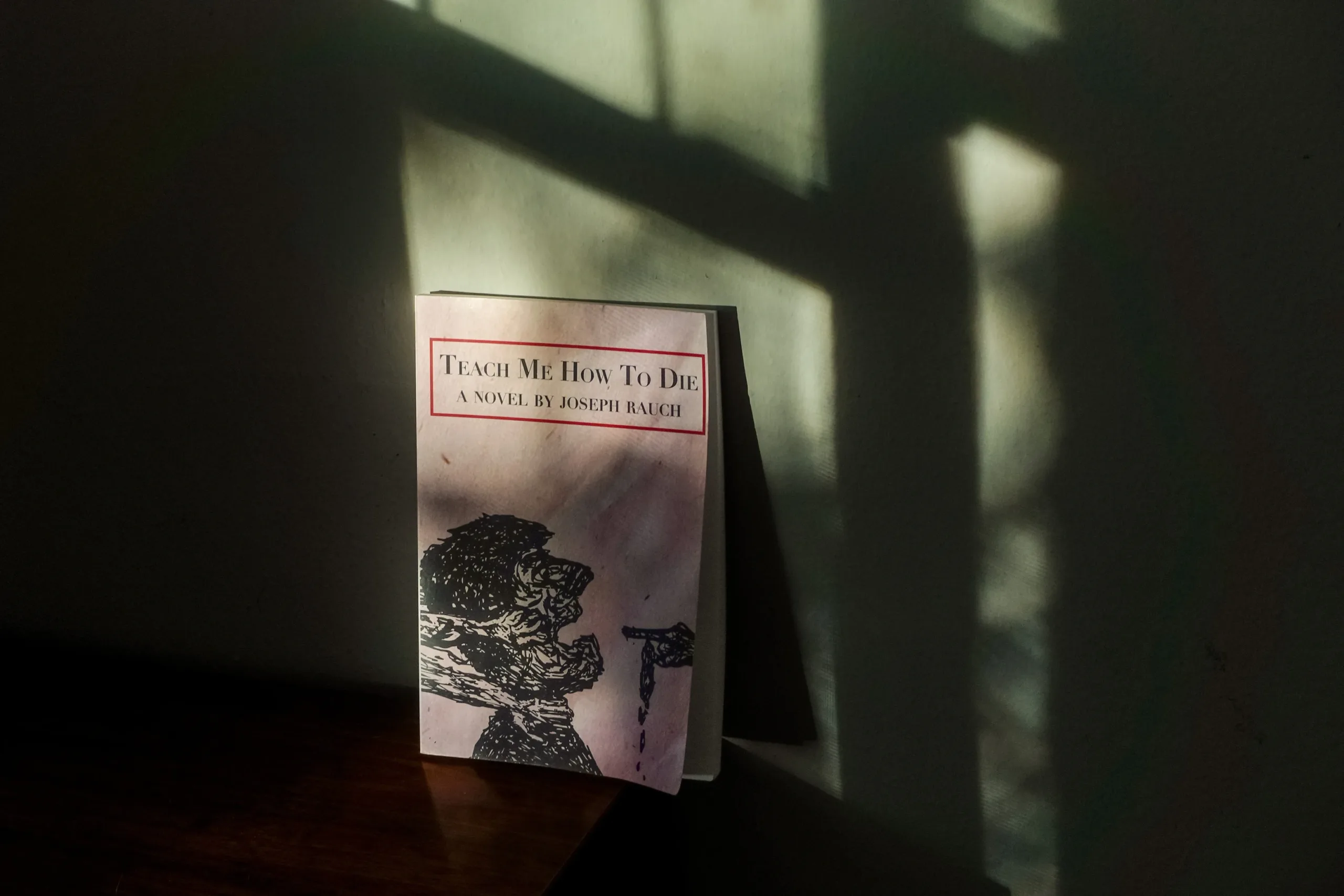Harold Bloom was a renowned literary critic who passed away in 2019. An avid reader, Bloom claimed to compulsively read and reread every book he stumbled upon and willfully transfigured that literati lifestyle into a writing career that spanned over 50 books published in 60 years. Other than that, Bloom was a self-professed dinosaur, a one-man literature department at Yale University, and an ardent detractor of what he called the school of resentment.
Bloom claimed to be a dinosaur — a Bloom Brontosaurus: a man who kept on teaching long after most of his colleagues retired. Those same colleagues pushed him outside the English Department, confining him into a so-called one-man department that Bloom occupied until his death. His life-long attitude toward contemporary literary critics and academics — the school of resentment — could be considered the culprit of his collegiate alienation.
The school of resentment was not a place but a way of understanding literature: a term that Bloom coined, an era in liberal arts that Bloom predicted and, most importantly, a phenomenon that affects readers and writers today. The best way to understand it is through its results: for example, a white man who claims to be Chinese-American to get his poems published.
The Asian Non-Asian Author
Yi-Fen Chou submitted a poem to a literary magazine, then earned a spot in one of the most sought-after, best-selling poetry anthologies, the Best American Poetry anthology. What’s the problem with that? The New York Times revealed that Chou was a pseudonym used by Michael Derrick Hudson, a white American author.
Michael Hudson claimed he submitted his poem to 40 literary magazines — and received 40 rejection letters. That same poem was accepted on the 10th attempt under his pseudonym. Not only that, he was shortlisted for the aforementioned anthology. What changed, other than the name on his cover letters?
The answer came from the poet who edited the 2015 Best American Poetry anthology (that featured Chou/Hudson’s poem), Sherman Alexie, who, in his own words, claimed to have picked a Chinese-American author out of “literary justice” by promoting minorities for their background instead of pieces for their literary value.
So-called literary justice is the core of the school of resentment, the same thing the Bloom Brontosaurus charged against throughout his career.
The School of Resentment
We already have a glimpse of what happens when the school of resentment takes over literature, but why does that happen? Harold Bloom explained that academics and critics stopped looking for aesthetic value and pleasure in literature, working to promote the work of minorities in the liberal arts instead. It’s a way to fight against systemic oppression by working within the system.
The school of resentment — anyone seeking to push a political agenda over aesthetic values in literature — would also work to revisit the past. Revisionism by way of resentment means judging great literature and deeming it sexist, oppressive and so on. In a way, it’s a method to push new works written by minorities over old, overly-white canonical literature in academia and elsewhere.
In a best-case scenario, ‘the school of resentment’ is a pejorative term for well-intentioned practices with terrible results, though the reader will soon learn that resentment evolved since Bloom first coined this term. So, what’s the problem with promoting politics over aesthetics in literature?
We explore how Bloom revisits these same anxieties in our review of “Possessed by Memory”.
The Problem with Resentment
The main issue with the school of resentment is that it promotes new voices by way of reverse racism: Academics figure out whites are overrepresented in literature, so anyone non-white gets a little nudge in the right direction — at the cost of leaving other people behind (first white people, then other ethnicities as more and more people are perceived as overrepresented). It’s beside the point whether it’s good or bad because, as Bloom argued, literature is not about politics but pleasure.
However, as these academics chose politics over pleasure, something unexpected happened: Minorities began to be shoehorned into ideological boxes. Black voices, for example, became prominent but only when talking about racism.
The school of resentment merely promotes resentment-focused pieces — and becomes racist in the process. Critics and publishers began to seek minority authors, but only those who fit the minority checklist these people wanted. For that reason, Hudson claimed to be Chou. Countless other authors claimed to be Black, Hispanic and Native American while they pushed the political agenda that’s often pushed upon minorities by academic institutions and publishers.
In a bit of a Bloomian parody, resentment became racist by fighting against racism. Fortunately Harold Bloom taught us how to deal with that issue.
An Antidote: The Western Canon
Three books best explain how Harold Bloom thought:
- “The Anxiety of Influence” (read our review)
- “The Western Canon” (read our review)
- “Shakespeare: The Invention of the Human”
In “The Western Canon,” Bloom expounds the literary canon and expands upon that idea by explaining the importance of different authors, including Borges, Morrison and Woolf, among a mixture of other writers (minorities and otherwise) who comprise a list of people who crafted the best literature in history. The list is, in fact, easily found online. Authors made it there because of their literary brilliance, not because they were oppressed or wrote about oppression.
It’s not necessary to read “The Western Canon” to understand the importance of reading the canon. I’d argue it’s better to read the canon than to read about it, though one may find aesthetic pleasure in reading about it rather than denouncing it.
Editorial Note: You may also enjoy Chris Hedge’s “America: The Farewell Tour“.
Would Shakespeare — the quintessential author, according to Harold Bloom — be known today if the school of resentment was prominent back in the Bard’s time? Critics had, according to Bloom, an involvement in making the Bard disappear from present academic curricula. Deferring to and defending the canon, also according to Bloom, could be the way to fight against the school of resentment.
Editorial Note: Feature image photo credit to Jim Wilson/The New York Times
Get recommendations on hidden gems from emerging authors, as well as lesser-known titles from literary legends.






